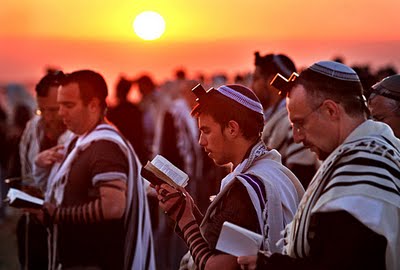Yom Kippur is the highest of the High Holy Days in the Jewish religion. The essence of this sacred day – the true root of the holiday – includes but goes well beyond fasting and praying. It requires believers to make a personal, unflinching assessment of their character and conduct, not as an end in itself, but as part of a process of mandated self-improvement to meet our ultimate religious duty: to become a person of exemplary virtue, a mensch.
The essence of Yom Kippur is its focus on reflection, repentance, and reparation. To clean the slate for a New Year, Jews must identify and accept accountability for all words and deeds that may have injured or offended others and seek forgiveness not only from God but from each person we wounded in the past year. That’s called atonement.
The ritual is specific: One must convey an apology and ask forgiveness. Where possible, we must also seek to repair the damage done.
The really hard thing is that the confession must be sincere and unconditional. Asking for a pardon while including self-justification (“I’m sorry I said those mean things, but you hurt my feelings first.”) negates the acceptance of accountability and often turns the apology into an accusation.
But there’s a great payoff. Once we’ve properly expressed repentance, the offended party is morally obligated to forgive us. And, of course, we are required to forgive those who apologize to us. The point is, continuing to hold a grudge is not permitted.
You don’t have to be Jewish to appreciate and benefit from the wisdom of this practice as a way to strengthen our character and improve and repair relationships.
This is Michael Josephson reminding you that character counts.

